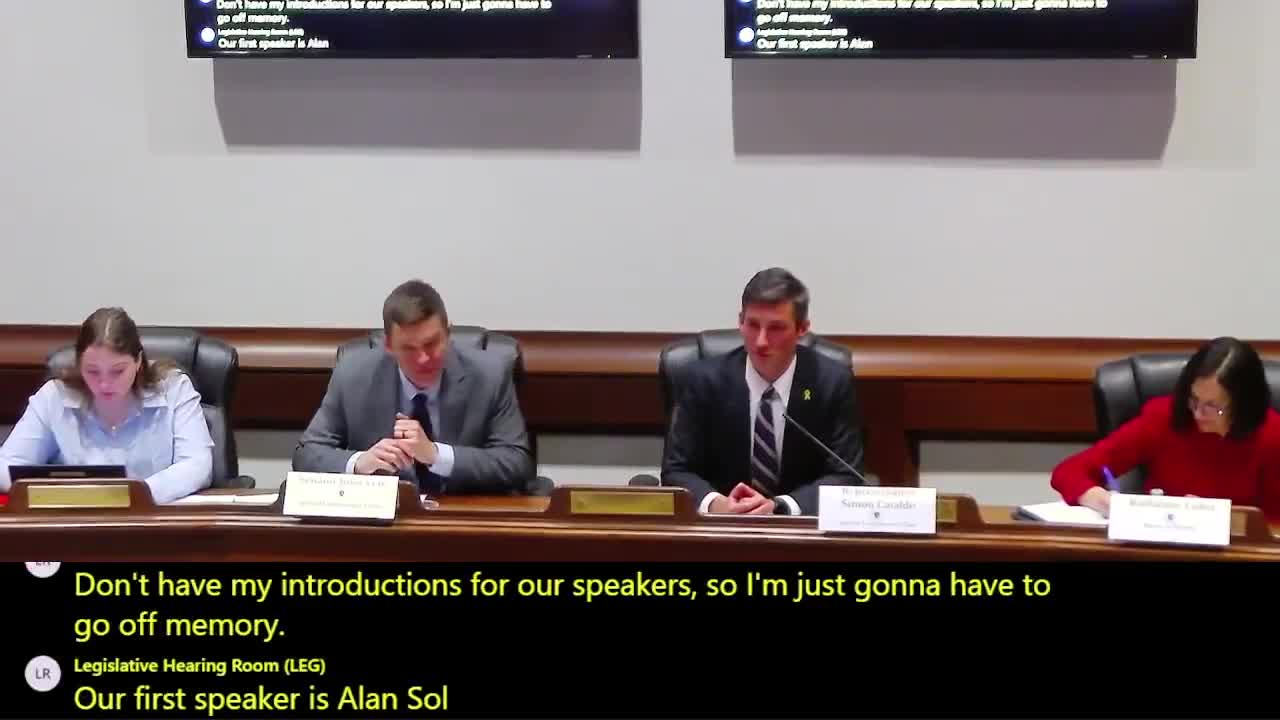Article not found
This article is no longer available. But don't worry—we've gathered other articles that discuss the same topic.
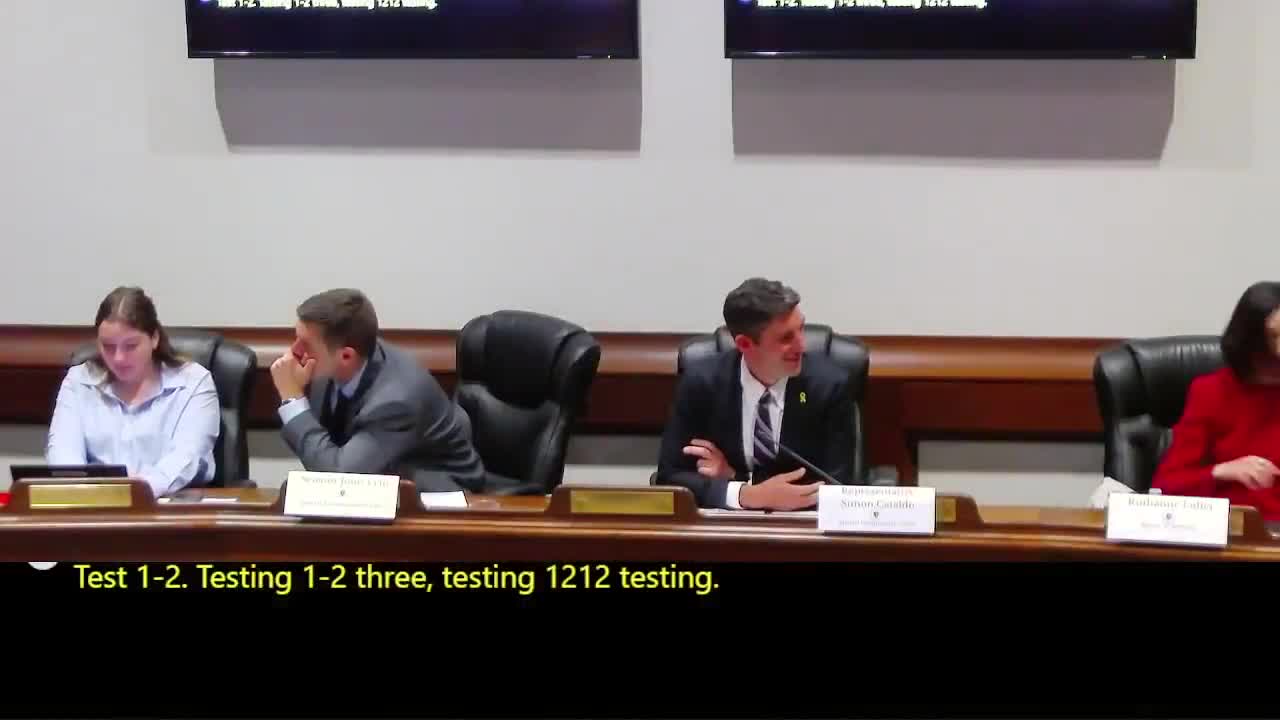
Commission approves minutes, hears testimony on campus antisemitism, BDS, social media and local school incidents
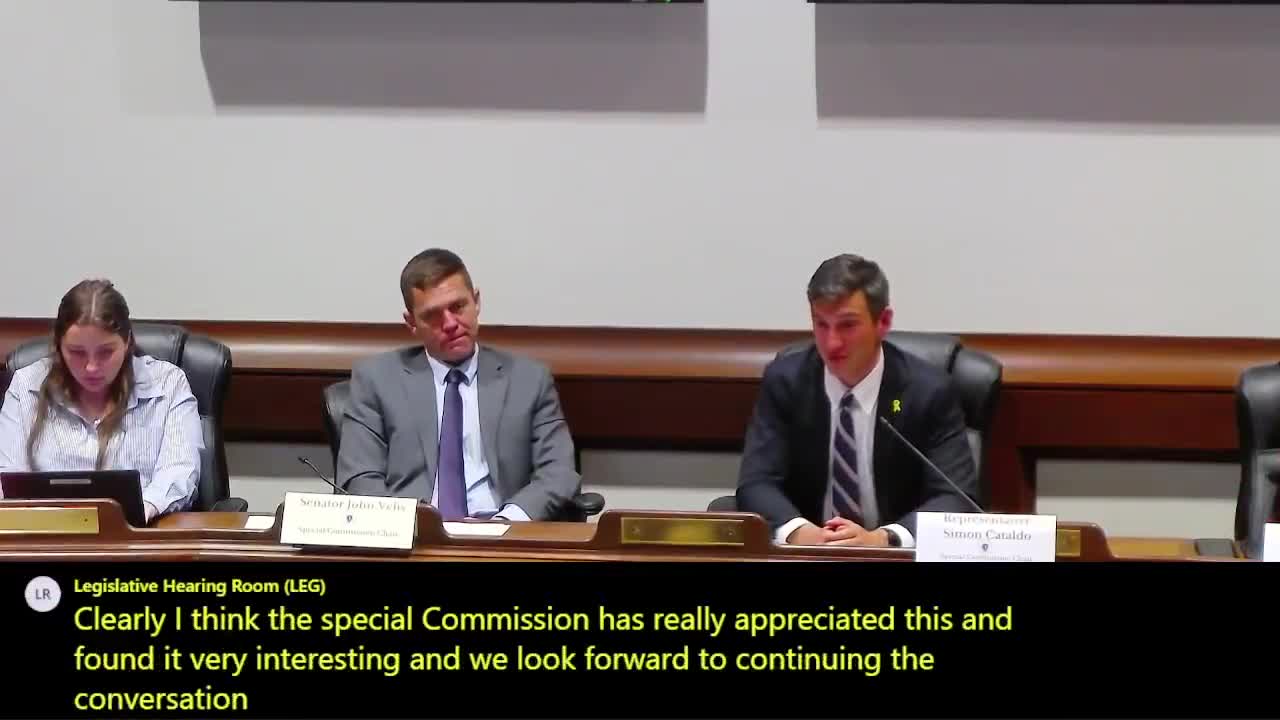
Former councilor says East Hampton school district failed Jewish students; calls for state investigation and clearer reporting pathways
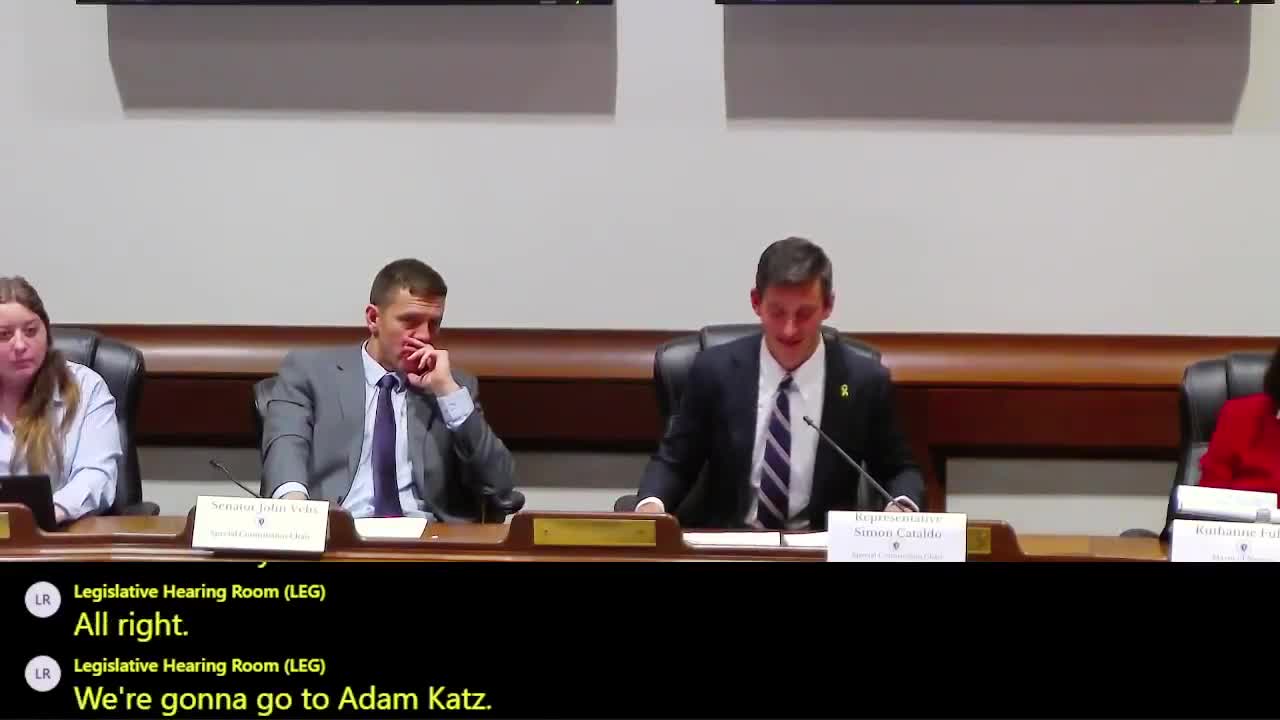
FCAS presents social‑media analysis showing surge in antisemitic content; recommends ally‑building strategies
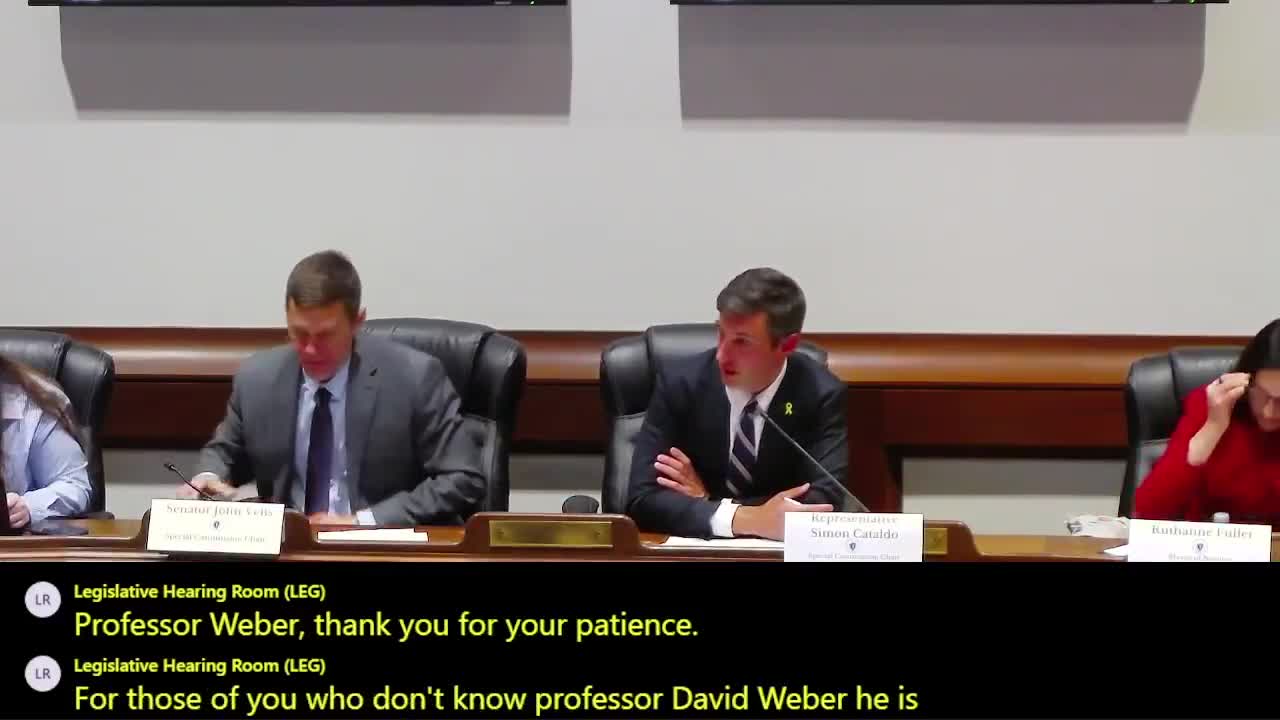
Law professor urges Massachusetts to consider anti‑BDS measures, cites economic ties to Israel
